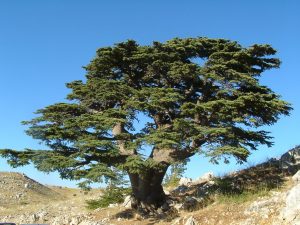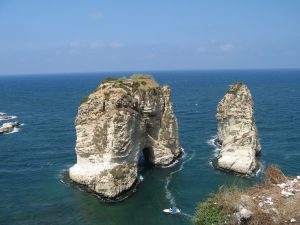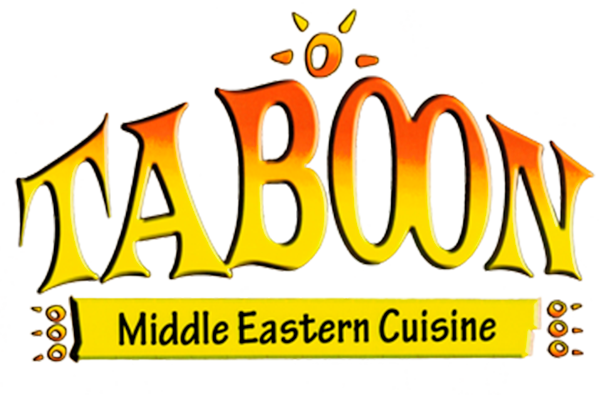About Taboon
Welcome to Taboon in Grand Blanc, an authentic Lebanese-Mediterranean Cuisine serving traditional Lebanese fare in a comfortable setting. Taboon is a combination of old and new; pure tradition mixed with innovation. The menu is sure to please any appetite from vegetarian dishes, grilled meats or fresh seafood.
About Lebanon
Lebanon lɛbənɒn/ or /ˈlɛbənən/; Arabic: لبنان Libnān or Lubnān, Lebanese Arabic: [lɪbˈneːn], Aramaic: לבנאנ ), officially the Lebanese Republic (Arabic: الجمهورية اللبنانية Al-Jumhūrīyah Al-Libnānīyah,Lebanese Arabic: [elˈʒʊmhuːɾɪjje l.ˈlɪbneːnɪjje]), is a country in the East Mediterranean. It is bordered by Syria to the north and east and Israel to the south. Lebanon's location at the crossroads of theMediterranean Basin and the Arabian hinterland has dictated its rich history and shaped a cultural identity of religious and ehinic diversity.
The earliest evidence of civilization in Lebanon dates back more than seven thousand years, predating recorded history. Lebanon was the home of the Phoenicians, a maritime culture that flourished for over a thousand years (c.1550–539 BC). In 64 BC, the region came under the rule of the Roman Empire, and eventually became one of the Empire's leading centers of Christianity. In the Mount Lebanon range a monastic tradition known as the Maronite Church was established. As the Arab Muslims conquered the region, the Maronites held onto their religion and identity. However, a new religious group, the Druze, established themselves in Mount Lebanon as well, a religious divide that would last for centuries. During the Crusades, the Maronites re-established contact with the Roman Catholic Church and asserted their communion with Rome. The ties they established with the Latins have influenced the region into the modern era.

The region eventually came under the rule of the Ottoman Empire, a political situation that lasted for centuries. Following the collapse of the Empire after World War I, the five provinces that constitute modern Lebanon were mandated to France. The French expanded the borders of Mount Lebanon, which was mostly populated by Maronites and Druze, to include more Muslims. Lebanon gained independence in 1943, establishing a unique political system – "confessionalism" – that is a power-sharing mechanism based on religious communities. Bechara El Khoury (independent Lebanon's first President) and Riad El-Solh (Lebanon's first Prime Minister) are considered the founders of the modern Republic of Lebanon and are national heroes for having led the country's independence. French troops withdrew from Lebanon in 1946.
Before the Lebanese Civil War (1975–1990), the country experienced a period of relative calm and renowned prosperity, driven by tourism, agriculture, and banking. Because of its financial power and diversity, Lebanon was known in its heyday as the "Switzerland of the East". It attracted so many tourists that the capital, Beirut, was referred to as "Paris of the Middle East." At the end of the war, there were extensive efforts to revive the economy and rebuild national infrastructure.



